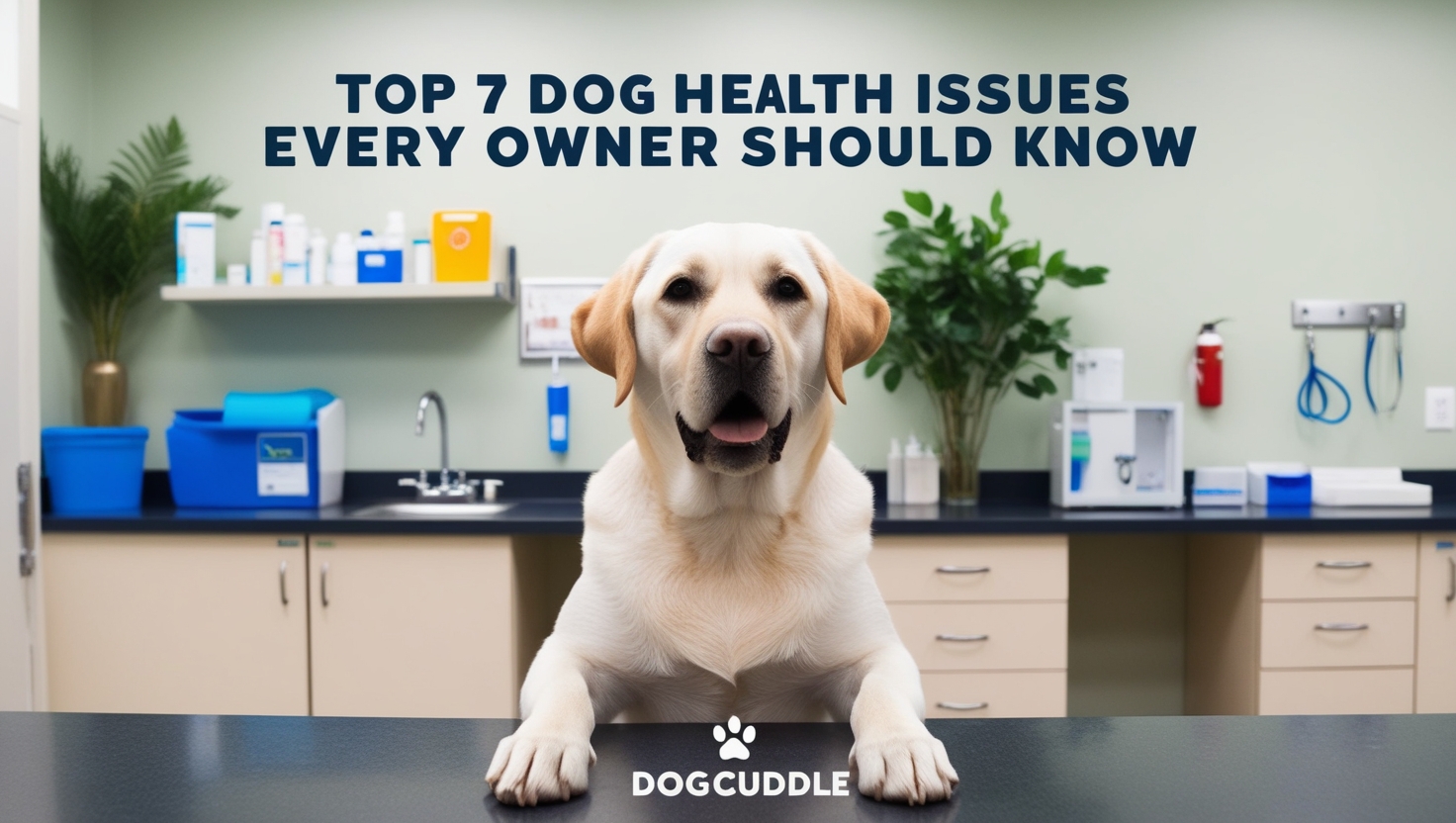Regular veterinary check-ups are crucial for maintaining your dog’s health and well-being. Just as we benefit from routine medical examinations, our canine companions thrive with consistent veterinary care. Here’s a detailed exploration of the many benefits of regular vet visits for your dog.
1. Early Detection of Health Issues
One of the primary advantages of regular vet check-ups is the early detection of health problems. Many conditions, such as diabetes, kidney disease, and certain cancers, can develop silently. During a routine exam, your vet will conduct a thorough assessment, allowing them to identify any potential issues before they escalate. Early intervention can often lead to more effective treatment and a better prognosis.

Key Points:
- Routine blood tests can reveal hidden health issues.
- Vets check vital signs like heart rate and temperature to identify abnormalities.
2. Vaccinations and Preventative Care
Vaccinations are vital in protecting your dog from serious diseases, including rabies, parvovirus, and distemper. Regular vet visits ensure that your dog is up to date on their vaccinations. Vets can also recommend preventative measures, such as flea and tick control, heartworm prevention, and other treatments to protect against parasites.

Key Points:
- Vaccination schedules are tailored based on your dog’s age, lifestyle, and health.
- Preventative care reduces the risk of serious infections and infestations.
3. Parasite Control
Fleas, ticks, and worms can significantly affect your dog’s health and comfort. During check-ups, your vet will examine your dog for signs of these parasites. They can recommend appropriate treatments and preventative medications to keep your dog protected throughout the year.
Key Points:
- Fleas and ticks can transmit diseases like Lyme disease and Ehrlichiosis.
- Intestinal worms can lead to malnutrition and other serious health issues.
4. Weight Management
Obesity is a common problem in dogs and can lead to various health complications, such as joint issues, diabetes, and heart disease. Regular vet visits allow your veterinarian to monitor your dog’s weight and body condition. They can offer personalized dietary recommendations and exercise plans to help maintain a healthy weight.

Key Points:
- A healthy weight contributes to a longer, happier life.
- Your vet can help establish a balanced diet tailored to your dog’s needs.
5. Dental Health
Oral hygiene is often overlooked but is critical for your dog’s overall health. Dental disease can cause pain, tooth loss, and even systemic issues affecting the heart and kidneys. Regular vet check-ups include dental examinations, and your vet may recommend cleanings or treatments to maintain your dog’s oral health.

Key Points:
- Brushing your dog’s teeth regularly can prevent plaque buildup.
- Dental disease is one of the most common health issues in dogs.
6. Behavioural Assessments
If you notice changes in your dog’s behaviour, such as increased aggression, anxiety, or withdrawal, a vet visit can provide valuable insights. Vets can assess behavioral issues and may suggest training techniques or therapies to improve your dog’s well-being.
Key Points:
- Early intervention can prevent behavioural problems from worsening.
- A vet may refer you to a certified dog trainer or behaviourist if needed.
7. Maintaining a Healthy Coat and Skin
Your dog’s skin and coat are indicators of their overall health. Regular vet check-ups include skin assessments to identify issues like allergies, infections, or parasites. Vets can recommend grooming tips and treatments to maintain a healthy coat and skin.
Key Points:
- Skin issues can lead to discomfort and secondary infections.
- Regular grooming helps prevent mats and reduces shedding.
8. Nutrition Guidance
A balanced diet is essential for your dog’s health. Your vet can provide guidance on the best food options based on your dog’s age, breed, and health status. They can help you choose high-quality dog food and discuss portion sizes to avoid overfeeding or underfeeding.
Key Points:
- Different life stages require different nutritional needs.
- Supplements may be recommended for specific health concerns.
9. Support for Aging Dogs
As dogs age, they may face unique health challenges. Regular vet visits become increasingly important to monitor their health and address issues such as arthritis, cognitive decline, or other age-related conditions. Your vet can offer tailored care to ensure your senior dog remains comfortable and happy.

Key Points:
- Senior dogs may need more frequent check-ups.
- Pain management and dietary adjustments can improve quality of life.
10. Peace of Mind
Lastly, regular vet visits provide peace of mind for dog owners. Knowing that your dog is receiving proper care and monitoring allows you to enjoy your time together without worrying about potential health issues. It fosters a sense of confidence in your ability to care for your furry friend.
Key Points:
- Regular check-ups help establish a strong vet-owner relationship.
- A healthy dog is a happy dog, leading to a better bond between you.
Conclusion
In summary, regular vet check-ups are an essential part of responsible dog ownership. They help detect health issues early, ensure vaccinations are up to date, and provide guidance on nutrition and overall care. Prioritizing your dog’s health through routine visits not only enhances their quality of life but also strengthens the bond between you and your furry companion. Make an appointment today and invest in your dog’s health for a happy, fulfilling life together!










